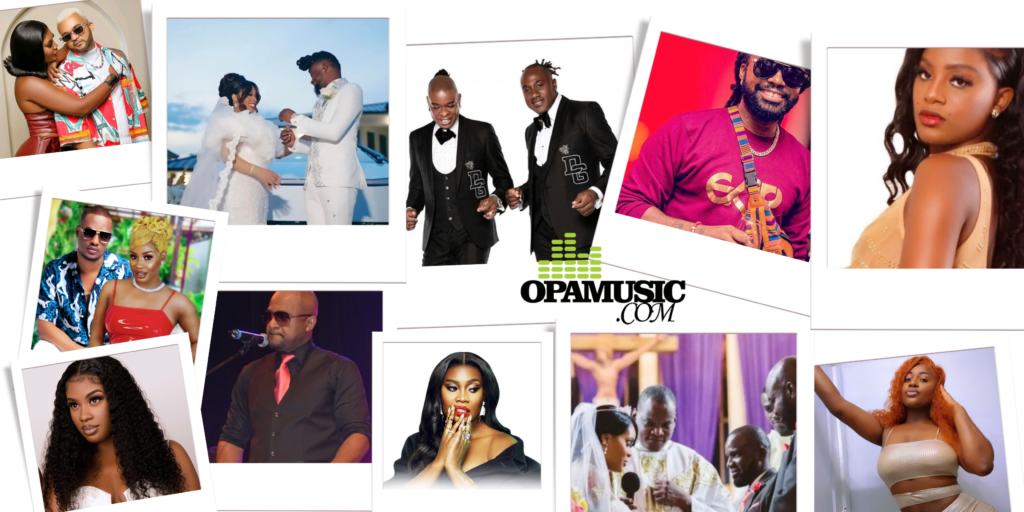As we approach the end of 2024, it’s impossible not to reflect on what has been a year of revelations in the Haitian music industry and the broader community. When I predicted that this would be a year where truths would come to light, I didn’t anticipate the magnitude or the toxicity of what would unfold. The confessions, scandals, and controversies that have surfaced are staggering. As the year closes, it feels like there’s no end in sight, leaving us to hope for a brighter and less toxic 2025.
The Rise of Toxic Conversations
The internet, once a space for connecting and sharing knowledge, has become a battleground of negativity. Gossip, always a problematic force, has grown into something vile and venomous. It seems the more toxic the content, the more attention it garners. People gravitate toward negativity, ignoring the many creators producing meaningful, educational, and positive material. Instead, the spotlight shines on the loudest and most controversial voices, rewarding those who thrive on division and destruction.
This culture has pushed many content creators to abandon wholesome material in favor of chasing views and likes with harmful, sensational content. The competition for clicks has escalated to dangerous levels, with people crossing lines that should never be crossed—attacking families, involving children, and even taking virtual feuds into the physical world.
At what point do we stop? Must someone lose their life before we pause to reflect on the harm being done? Is the pursuit of fleeting internet fame worth the chaos it sows?
A Betrayal of the Arts
The Haitian music industry, once celebrated for its art and culture, now feels overshadowed by gossip and scandal. Artists and their fans alike are fueling a culture of division rather than unity. What was once a space for creative expression has become a stage for public takedowns and personal attacks. Podcasters and commentators, emboldened by cheap equipment and an unregulated internet, have weaponized their platforms. They spread unverified claims and fan the flames of conflict, often with little regard for the consequences.
Social media platforms, particularly Facebook, have struggled to regulate this content due to language barriers, allowing harmful narratives to flourish unchecked. The lack of accountability has turned our online spaces into breeding grounds for division and toxicity.
Accountability Starts with Us
As a community, we must look inward. To the creators of toxic content: what do you gain from this? Does tearing others down bring you peace? If so, it’s time to reflect deeply. And to those consuming this content: ask yourselves what you’re supporting. Why does negativity resonate more than positivity?
We must also hold artists accountable. Some are complicit, using their platforms to promote the very toxicity they should be denouncing. They encourage fan groups and supporters to engage in harmful behavior, escalating feuds instead of fostering peace.
It’s time to set boundaries and show decorum in how we interact online. Gossip will always exist, but we must ensure it doesn’t consume us or cause irreversible damage. Artists, fans, and content creators alike need to remember that actions have consequences—legal, social, and personal.
A Hope for 2025
As we move into 2025, let’s aim for growth and reflection. Let this be the year we prioritize positivity, education, and meaningful connection over cheap drama and fleeting internet fame. To those who thrive on toxicity: consider therapy. Address the deeper issues driving this need for validation through negativity.
And let’s remember: this isn’t just about women. Men are just as complicit, if not more so, in perpetuating this culture. Both genders must commit to change.
The Haitian music industry—and our community—deserves better. Let’s make 2025 the year we reclaim our dignity, respect, and creativity. Let’s focus on building, not destroying. Let’s rise above.

